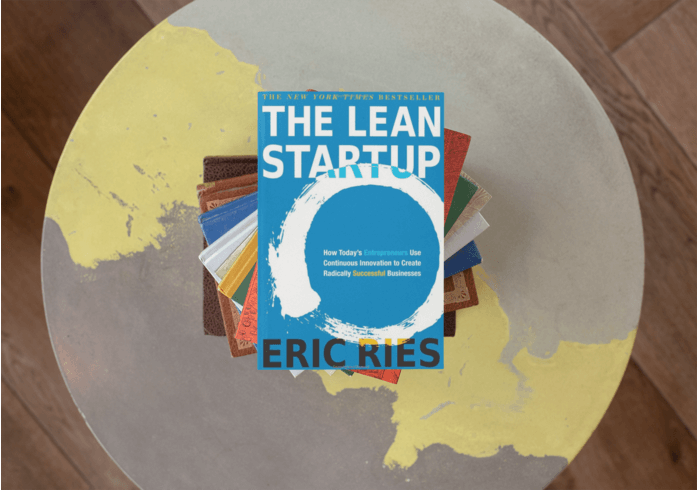Unlocking Startup Success: Top 2 Must-Read Books for Aspiring Entrepreneurs

Building a startup requires a combination of vision, resilience, and knowledge. There are numerous books that offer insights into the world of startups, entrepreneurship, and business growth.
Here are some of the best books for building a startup:
The Lean Startup, by Eric Ries

The Lean Startup by Eric Ries, presents a revolutionary approach to business and product development. At its core, it’s about learning what customers really want and learning it quickly. Here’s a concise summary of the book’s key concepts:
- Start Small: Begin with a “Minimum Viable Product” (MVP). This is the simplest version of your product that allows you to start the learning process as quickly as possible.
- Build-Measure-Learn: The fundamental activity of a startup is to turn ideas into products, measure how customers respond, and then learn whether to pivot or persevere.
- Validated Leaning: Startups exist to learn how to build a sustainable business. This learning can be validated scientifically by running experiments that test the hypotheses underlying a startup’s vision.
- Innovative Accounting: To improve entrepreneurial outcomes and hold innovators accountable, we need to focus on the boring stuff: how to measure progress, how to set up milestones, and how to prioritize work.
- Continuous Deployment: Employ a consistent, rapid cycle of releasing products to get immediate feedback and to adapt products quickly.
- Lean Thinking: Lean thinking influences the Lean Startup methodology. Value is provided from the customer’s perspective, and waste (anything that doesn’t provide value) is eliminated.
- Pivot or Persevere: Based on the feedback from the MVP, a startup must decide whether to pivot (make a fundamental change to the product) or persevere (keep improving on the current course).
- Sustainable Growth: Sustainable growth is characterized by one simple rule: New customers come from the actions of past customers.
- Build a Sustainable Business: The ultimate goal is to learn what customers really want and will pay for, rather than what you think they should want.
The Lean Startup methodology emphasizes the importance of adapting and adjusting before any large sums of money or time are invested. It’s a systematic, scientific approach for creating and managing successful startups in an age when companies have to innovate more than ever.
Zero to One: Notes on Startups, or How to Build the Future by Peter Thiel

Zero to One: Notes on Startups, or How to Build the Future by Peter Thiel is a thought-provoking exploration of innovation, entrepreneurship, and the future of technology. Drawing from his own experience as a co-founder of PayPal and an early investor in companies like Facebook, Thiel presents a unique perspective on what it takes to create a successful startup.
The central premise of the book is that true innovation doesn’t come from iterating on existing ideas (going from 1 to n) but rather from creating entirely new concepts (going from 0 to 1). Thiel argues that monopolies—companies that are unique and dominate their markets—are the true drivers of economic progress, while competition can often lead to stagnation.
Thiel discusses the importance of having a clear vision for the future and challenges the conventional wisdom of the tech industry. He emphasizes the significance of foundational decisions in startups and the need to get them right from the outset. The book also delves into topics like the role of luck in business, the future of globalization, and the potential of vertical (intensive) progress as opposed to horizontal (extensive) progress.
Throughout the book, Thiel provides valuable insights and unconventional wisdom for anyone looking to build a startup that can shape the future. He encourages readers to ask themselves, “What important truth do very few people agree with you on?” This question, according to Thiel, is the foundation of all breakthrough innovations and startups.
In summary, “Zero to One” is a compelling guide for entrepreneurs that challenges them to think differently, aim for monopoly, and strive for true innovation in order to build the future.


